detail profile laine mesik c3 a4pp
Peran Yang Di Mainkan Laine Mesikäpp
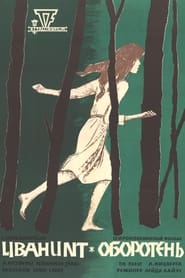 There are three children growing at...
There are three children growing at...Werewolf 1969
There are three children growing at Tammaru farm - one boy, Margus; and two orphan girls, Mari and Tiina. Margus' parents want him to marry Mari instead of Tiina as she is more their kind. Hotblooded Tiina is completely different from them and her mother was once executed for being a witch. Thinking that Tiina has bewitched Margus, Mari starts to publicly accuse her stepsister of being a werewolf.
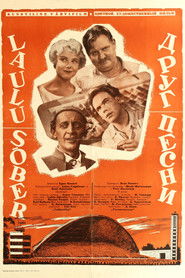 Tnu student of agronomy is a...
Tnu student of agronomy is a...Laulu sõber 1961
Tõnu, student of agronomy, is a trainee at a flourishing collective farm. He finds out that there are many talented singers there among whom there is Malle with a specially beautiful voice. However, the local community club is closed and the singing ground has been turned into a pasture. Malle's father is the manager of the collective farm and considers singing a waste of time. When the collective farmers hear about Tõnu's conducting skills, they will act against the manager's will. The big song festival is going to be held soon and people want to go there. Preparations of the choir go well; however, the manager of the collective farm gives no permission to take part in the festival. Singers are losing their hope, but then comes a helping hand.
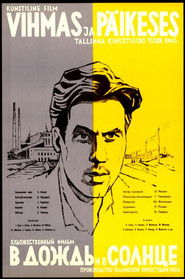 Jaak is a young labourer always...
Jaak is a young labourer always...The Sun and the Rain 1960
Jaak is a young labourer always facing some kind of issues and it seems he always rides for a fall. At the construction work of a new thermal power station, Jaak meets young people from the Young Communist League who won't find faults with him and are ready to help him out.
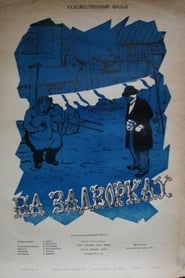 The story of the distressed residents...
The story of the distressed residents...In the Backyard 1957
The story of the distressed residents living in poor slums during the economic crisis of the first Estonian Republic in early 1930s. It is the life in the backyard both literally and symbolically. Based on the story "In the Backyard" by Oskar Luts and the drama play directed by Andres Särev.
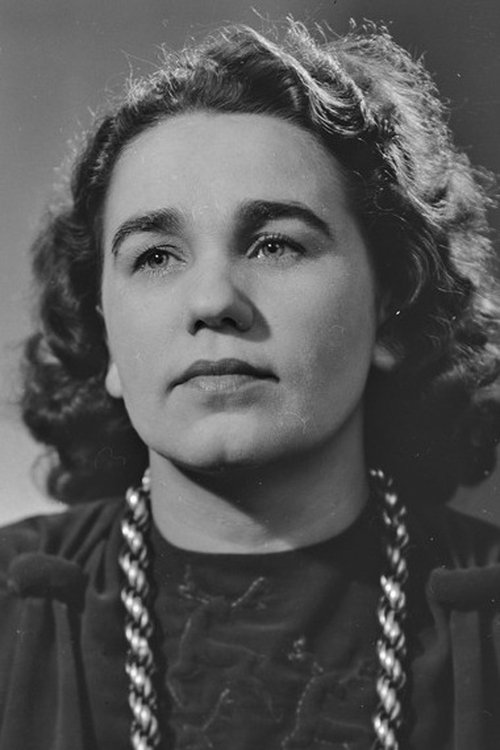
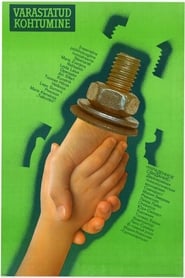 A mother released from a prison...
A mother released from a prison...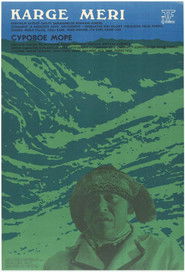 The Smacking Sea is a film...
The Smacking Sea is a film...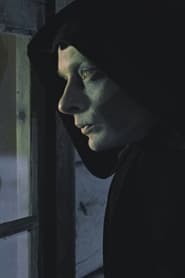 Seven times seven Deaths come to...
Seven times seven Deaths come to...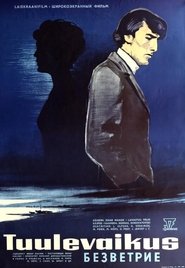 Taavi is worried about the lack...
Taavi is worried about the lack...